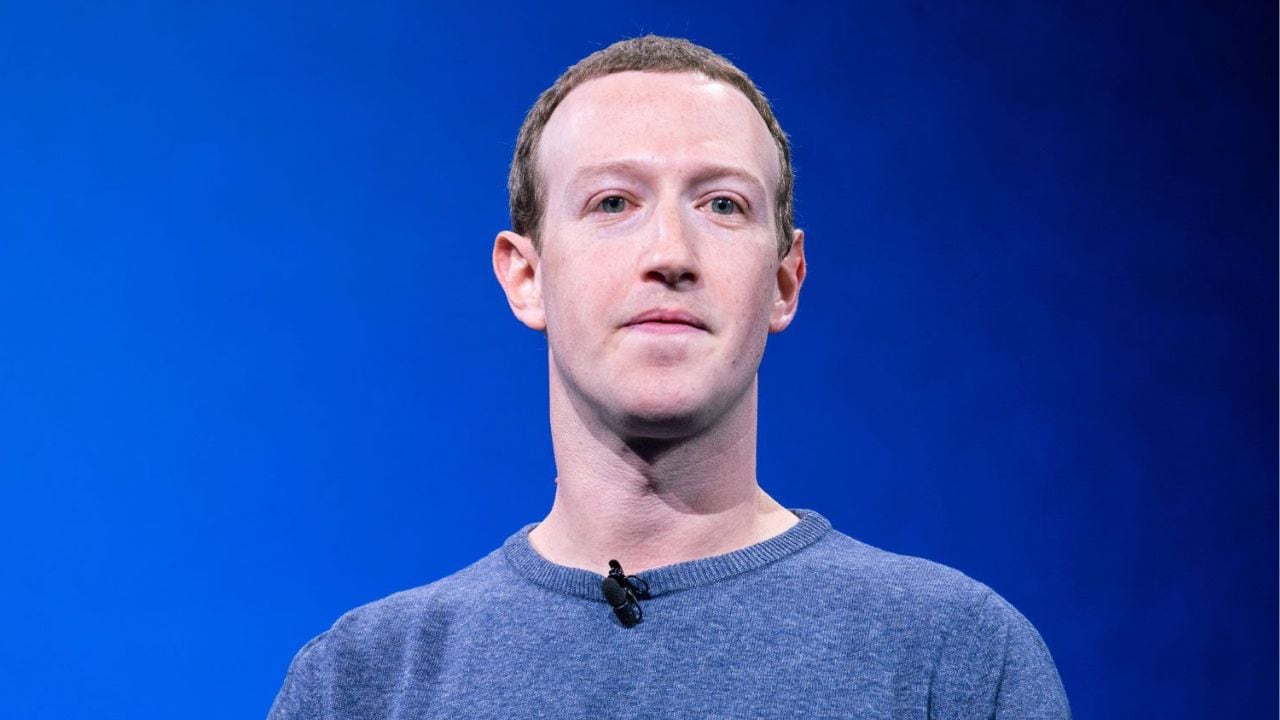Meta Platforms Inc., the parent company of Facebook, is set to defend itself in a high-stakes antitrust trial, a case that could reshape the landscape of the technology industry and challenge the company’s ownership of Instagram and WhatsApp, two of the most influential social media platforms in the world.
The trial, years in the making, marks a significant test for the Federal Trade Commission’s ability to rein in the power of Big Tech. Originally filed in 2020 during the Trump administration, the FTC’s lawsuit alleges that Meta engaged in a deliberate campaign to eliminate emerging competitors by acquiring them, a strategy that, the government contends, has resulted in an unlawful monopoly in the social media market.
At the center of the case are two pivotal acquisitions: Instagram, purchased in 2012 for $1 billion in cash and stock, and WhatsApp, acquired two years later for $22 billion. Both services, initially independent startups, now serve as pillars of Meta’s vast digital empire. The FTC argues that the deals were part of a broader strategy articulated by CEO Mark Zuckerberg in 2008: “It is better to buy than compete.”
In its complaint, the agency asserts that Meta, then operating under the Facebook name, tracked rising competitors and moved swiftly to purchase companies it saw as credible threats to its dominance. Rather than innovate, the FTC alleges, Meta opted to “neutralize perceived competitive threats” during a period of rapid industry transition from desktop to mobile.
“These acquisitions have allowed Meta to entrench its monopoly,” the complaint reads, adding that the company implemented exclusionary practices to prevent smaller firms from gaining traction.
Meta has fiercely contested the US government’s case. In a recent statement, the company described the lawsuit as ‘detached from reality,’ insisting that Instagram, WhatsApp, and Facebook face stiff competition from an array of modern platforms. The company also warned that the FTC’s actions undermine confidence in the regulatory process, noting that its acquisitions were reviewed and approved more than a decade ago.
As per reports, the company added, “Regulators should be supporting American innovation, not weakening it to the benefit of foreign rivals, especially in areas as vital as artificial intelligence.” In filings last week, Meta emphasized that the FTC must prove the company currently holds monopoly power, not merely that it did at the time of the acquisitions.
